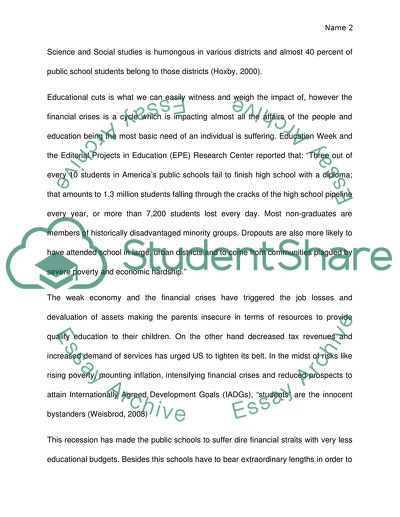Cite this document
(Impacts of Financial Crisis On American Education Industry Research Paper, n.d.)
Impacts of Financial Crisis On American Education Industry Research Paper. Retrieved from https://studentshare.org/education/1771765-financial-crisis-imapact-badly-on-american-education-industry
Impacts of Financial Crisis On American Education Industry Research Paper. Retrieved from https://studentshare.org/education/1771765-financial-crisis-imapact-badly-on-american-education-industry
(Impacts of Financial Crisis On American Education Industry Research Paper)
Impacts of Financial Crisis On American Education Industry Research Paper. https://studentshare.org/education/1771765-financial-crisis-imapact-badly-on-american-education-industry.
Impacts of Financial Crisis On American Education Industry Research Paper. https://studentshare.org/education/1771765-financial-crisis-imapact-badly-on-american-education-industry.
“Impacts of Financial Crisis On American Education Industry Research Paper”, n.d. https://studentshare.org/education/1771765-financial-crisis-imapact-badly-on-american-education-industry.


